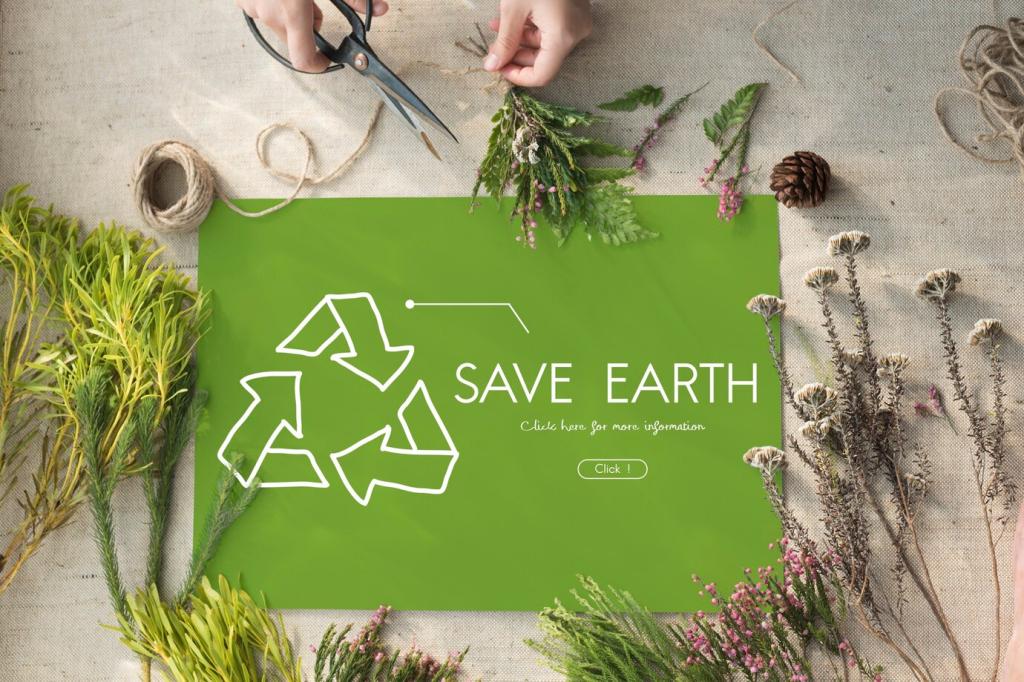Structured Data and Trustworthy SERP Enhancements
Implement Organization, Product, FAQ, and Article markup. Reference certifications in product details where appropriate, and provide links to verification pages. Accurate, consistent data improves SERP eligibility. Tell us which schema types you’ve implemented; we’ll review common errors and share validation tips.
Structured Data and Trustworthy SERP Enhancements
Answer common sustainability questions with concise, evidence-based FAQs and step-by-step HowTos. Prioritize instructions that reduce waste, like “how to repair a zipper.” Encourage readers to submit new questions, creating a feedback loop that keeps your content fresh and search-friendly.






